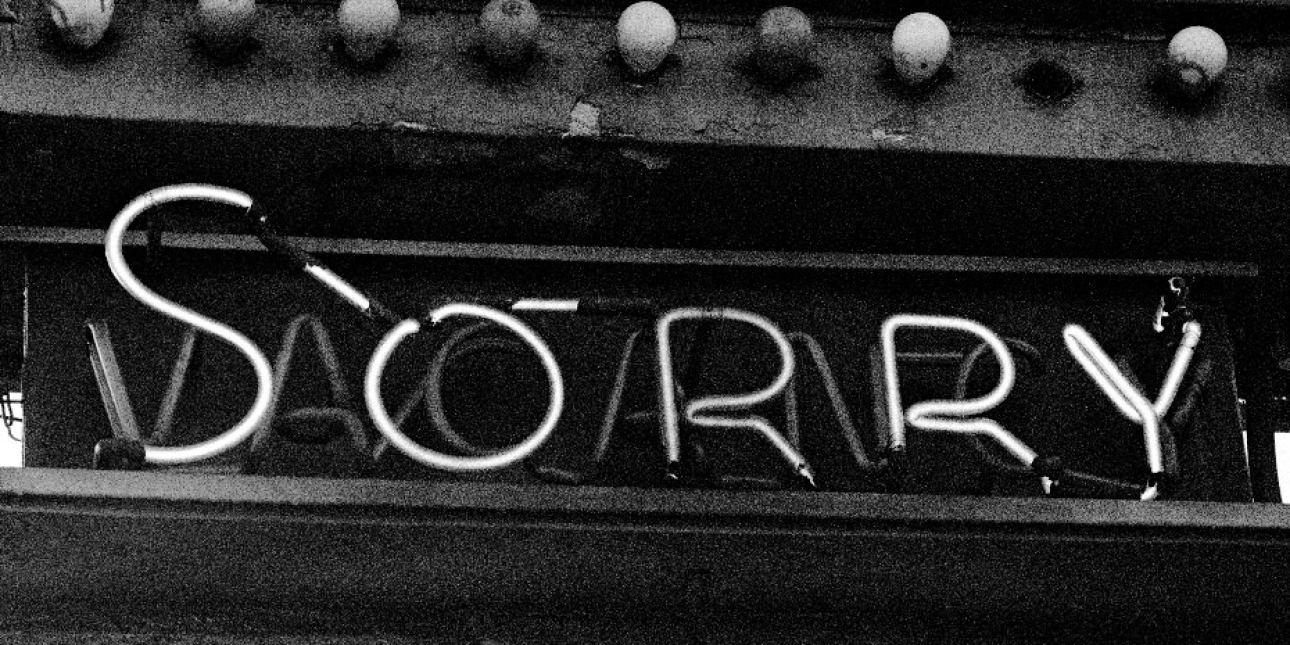PUBLIC RELATIONS
Tuesday 25th February 2020
Corporate apologies: the good, the bad and the ugly
We’ve just launched our latest event for PR and Communications professionals across Oxfordshire: Sorry seems to be the hardest word; an event dedicated to the corporate apology. Having worked in crisis comms for more years than I care to remember, this got me thinking about some of the many examples of #sorrynotsorry we’ve witnessed over the years.
So here goes…
When you think about the best and worst apologies, the CEO, the Comms team, and the Legal team are the primary players. A true, authentic apology, conveying accountability and accessibility is incredibly hard to achieve, quickly. Richard Branson is the poster-boy for this kind of thing, in particular the Cumbria rail crash in 2007, where he threw out the handbook of crisis response: he stood in front of the crash site, looked unprepared and unkempt; but in doing so, the public’s sympathy and trust transferred to him, his response made it clear he wasn’t hiding anything.
In contrast, Tony Hayward’s reaction to the BP Deep Water Horizon oil spill made it clear that clearing this mess up was a distraction from his smart-suited CEO role, he wanted his life back…leaving the media and US President the narrative space to make it clear that this was British Petroleum’s fault and focusing the ire squarely on the energy giant.
More recently, 2015 brought a tragic comparison in CEO responses with Thomas Cook and Alton Towers. While the Alton Towers CEO apologised immediately and came across as humble and open after an incident on one of their rides, Thomas Cook’s delayed and inadequate response to the deaths of two children, killed by carbon monoxide poisoning during a holiday booked through the company, damaged the trust put in them by families.
FWD’s blog post, examining the approach of both CEOs provides excellent insight; while the interview with the victims of the Alton Towers incident, one year on, is a testament to the power of companies behaving responsibly and accountably in such situations.
And then you have the many, “We missed the mark” and “We apologise if you took offence” non-apologies…from Pepsi, to Dove, the corporate world is full of them. Top of my must-read-list right now is The Apology Impulse by Cary Cooper and Sean O'Meara. They argue that, PRs and social media execs issue apologies too quickly for very little, meanwhile far more culpable organisations do nothing to take responsibility for their actions. The strapline is, “How the business world ruined sorry and why we can’t stop saying it.”
The Virgin and Alton Towers examples above worked because the CEOs made it clear that they held themselves personally accountable and would make every effort to make things right again. To work with a CEO willing to do this, makes life an awful lot easier as a PR. As for the Comms Director and CEO’s Board colleague the Legal Counsel’s view? I’ll leave that to the panel on the night…
Sign up now and join our thriving public relations community an opportunity to learn more about this essential topic and to meet others in the industry looking to learn the art of the apology.
Image courtesy of flickr user Timothy Brown via CC2.0.

